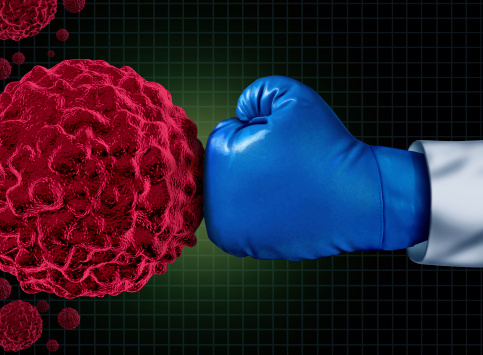 In a new study published in the journal Molecular Cell, researchers describe how they identified a molecule that helps the BRCA2 gene repair DNA. BRCA2 is considered a tumor suppressor gene; in some forms, it can cause breast and ovarian cancer.
In a new study published in the journal Molecular Cell, researchers describe how they identified a molecule that helps the BRCA2 gene repair DNA. BRCA2 is considered a tumor suppressor gene; in some forms, it can cause breast and ovarian cancer.
Study researchers suggest that learning how cancer cells repair DNA will help them find new ways to counter the resistance to chemotherapy.
Years ago, scientists first discovered that deviations of the BRCA1 and BRCA2 genes increased the risk of breast cancer. The National Cancer Institute states that both BRCA1 and BRCA2 mutations account for as much as 25% of hereditary breast cancer and up to 10% of all breast cancer cases.
Researchers from Yale School of Medicine have discovered a key molecule called co-factor DSS1 that helps BRCA2 repair DNA. Without DSS1, BRCA2 mutations were unable to do their job and repair DNA, which are how the cancer cells survived.
The discovery is beneficial because now that scientists have pinpointed the exact molecules that make or break the repairing of DNA for cancer cells, they can now work on possible ways to decrease drug resistance in cancers that involve the BRCA genes.
Patrick Sung, the study’s senior author, believes that this discovery will help with the development of drugs that interfere with DSS1 functions as well as complement existing drugs to overcome resistance.
Sung suggests that there is much more research that needs to be done when it comes to repairing DNA breaks.
Source for Today’s Article:
Paddock, C., “Scientists find a small molecule that helps BRCA gene resist cancer treatment,” Medical News Today web site, July 6, 2015; http://www.medicalnewstoday.com/articles/296337.php.
